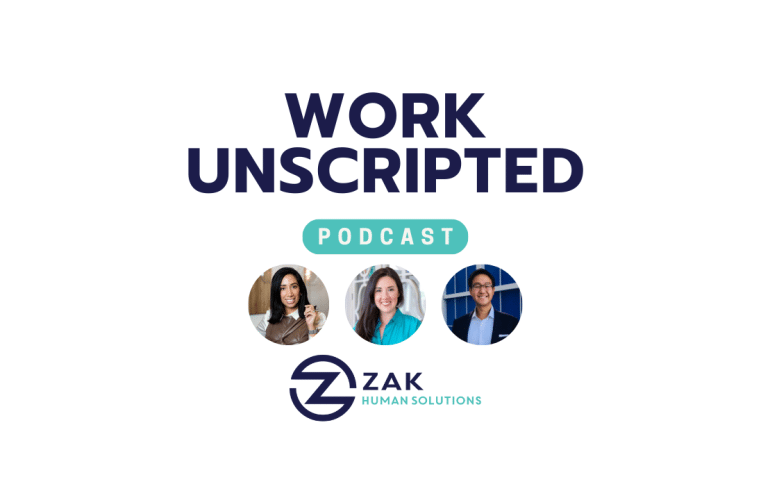Key Takeaways
- Amazon faces backlash for using AI in processing ADA accommodation requests, with employees claiming it leads to discrimination.
- The law does not explicitly address the use of AI for ADA tasks, but human judgment is essential according to legal experts.
- Employment attorney Janette Levey emphasizes the importance of a meaningful, interactive process in accommodation requests.
- Employees are concerned that Amazon’s automated processes may violate labor laws, specifically regarding employee discussions on Slack.
- The perception of automation in large organizations may lead to employees feeling unheard and devalued, highlighting the need for a personal touch in HR processes.
- Despite the complaints, the number of dissatisfied employees represents a small fraction of Amazon’s workforce.
In today’s fast-evolving technological landscape, the integration of Artificial Intelligence (AI) into business operations is inevitable. Yet, it brings with it complex challenges that echo deeply within the realms of ethics and legality. A prime example is Amazon’s recent backlash over its use of AI to handle requests for accommodations under the Americans with Disabilities Act (ADA). This controversy not only raises pertinent questions about the role of AI in Human Resources (HR) but also emphasizes the need for striking a balance between technology and human judgment.
The Controversy at Hand
Amazon finds itself at the center of a debate surrounding the automation of ADA requests. Employees have alleged that the AI systems used in processing these accommodations might lead to discrimination. This accusation underscores several critical issues about the use of AI in sensitive HR tasks.
Why AI Raises Eyebrows in ADA Processes
- Lack of Legal Frameworks: Despite the widespread use of AI, there exists no explicit legislation addressing its application to ADA accommodations. This legal vacuum poses a significant challenge to policymakers and businesses alike.
- Human Judgment Remains Irreplaceable: As employment attorney Janette Levey notes, the ADA necessitates a meaningful, interactive dialogue between employers and employees. AI, by design, lacks the empathy and adaptability required for such interactions.
- Employee Perceptions and Communication: The perceived detachment brought by automation may lead employees to feel marginalized or neglected, crucially when dealing with large corporations such as Amazon. Effective communication can bridge this gap, ensuring employees feel valued and heard.
Legal Considerations and Potential Violations
Navigating Labor Laws
The allegations also extend to claims that Amazon’s automated processes may breach labor laws, especially concerning employee discussions on platforms like Slack. This raises important questions on the intersection of technology and employee rights:
- Protection of Employee Rights: Are automated systems inadvertently infringing on employees’ labor rights and abilities to communicate freely about workplace conditions?
- Transparency and Accountability: Companies must adopt transparent policies regarding the oversight of automated systems to avoid potential legal pitfalls.
Balancing Efficiency with Human Touch
Despite these issues, the number of employees expressing dissatisfaction is relatively small compared to Amazon’s vast workforce. This presents an opportunity for companies to enhance their HR policies by:
- Augmenting AI with Human Oversight: While AI can enhance efficiency in HR processes, human oversight remains indispensable in ensuring fairness and legality.
- Continuous Employee Engagement: Regular feedback mechanisms can prevent the alienation of employees and facilitate more meaningful interactions.
- Clear Communication and Training: Educating employees about AI processes empowers them and fosters trust in technological solutions.
Amazon’s ADA issue is not merely a technology problem; it’s a broader lesson in the importance of balancing technological innovation with ethical responsibility and human-centric processes. As we move forward, businesses must not only comply with existing laws but also anticipate and adapt to evolving ethical standards.




